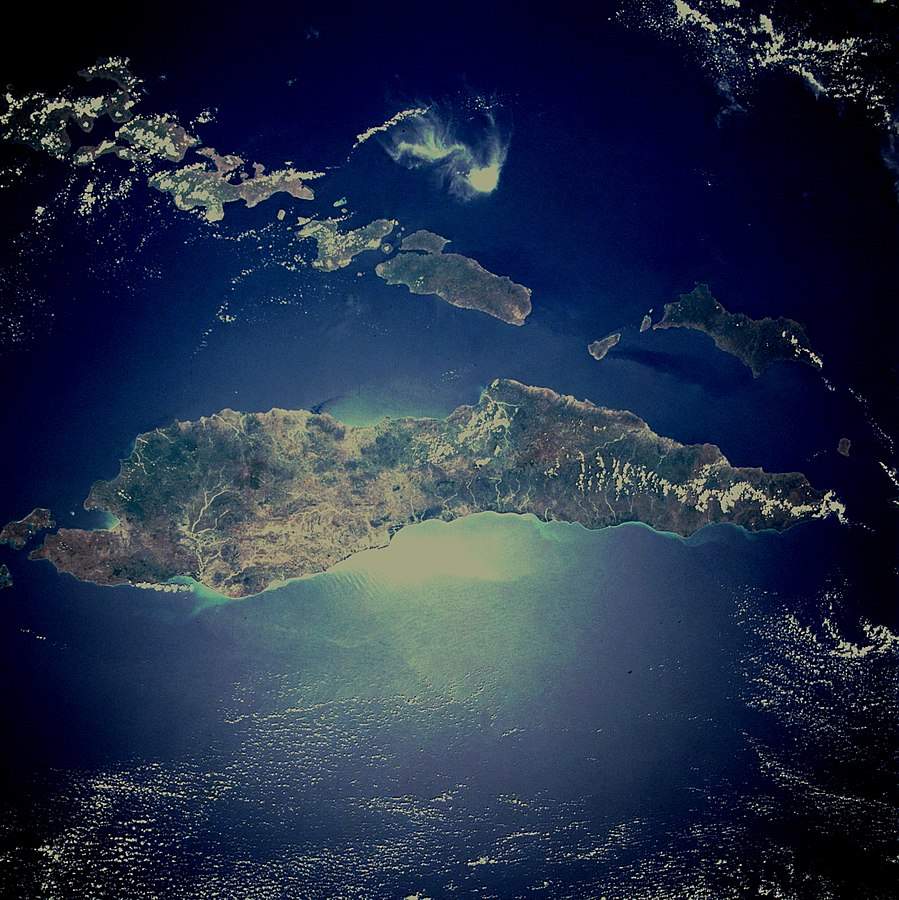Timor-Leste’s upstream fiscal regime has been relatively stable since the introduction of the 2005 model contract. However, new legislation has been introduced to govern the sector in the past two years. The March 2018 signature of a new treaty between Timor-Leste and Australia establishing maritime boundaries requires the transition to new regimes for existing licensees in the Joint Petroleum Development Area (JPDA).
The March 2018 treaty was resulted after Timor-Leste decided to terminate the CMATS treaty in early 2017, places almost the entire area of the JPDA in Timor-Leste’s Exclusive Economic Zone (EEZ). The existing projects located in the JPDA, namely Bayu Undan, will need to transition to Timor-Leste’s regulatory control, though according to the treaty the existing fiscal regime will be maintained. Carnarvon Petroleum’s Buffalo oil field, which currently lies in Australian waters, will transfer to Timor-Leste’s jurisdiction. The most significant transition will be for the Greater Sunrise area. The treaty delineates a special area around the Greater Sunrise fields, for which a new PSA is to be negotiated offering equivalent terms to the existing JPDA contracts and Australian licenses that cover the area.
Timor-Leste, regime flow chart

| Source: GlobalData Oil and Gas © GlobalData |
Timor-Leste is also looking to improve regulation and attract new investment in its existing EEZ and onshore areas, where no commercial discoveries have yet been made. In 2016 the government passed new legislation governing offshore operations and a new model contract was also published. The new offshore legislation regulates operations in more detail, and a notable inclusion in the new model contract is the reduced state share of profit gas.
Political changes within Timor-Leste may also slow progress on regulatory issues and the promotion of the upstream sector. After parliamentary elections held in 2017 resulted in political deadlock, new elections were held in 2018 and won by an opposition coalition. The new prime minister was sworn in in June 2018, but faced initial difficulties after the president refused to swear in proposed cabinet members who faced corruption investigations.
How well do you really know your competitors?
Access the most comprehensive Company Profiles on the market, powered by GlobalData. Save hours of research. Gain competitive edge.

Thank you!
Your download email will arrive shortly
Not ready to buy yet? Download a free sample
We are confident about the unique quality of our Company Profiles. However, we want you to make the most beneficial decision for your business, so we offer a free sample that you can download by submitting the below form
By GlobalData







Related Company Profiles
Carnarvon Energy Ltd
PSA Corporation Limited